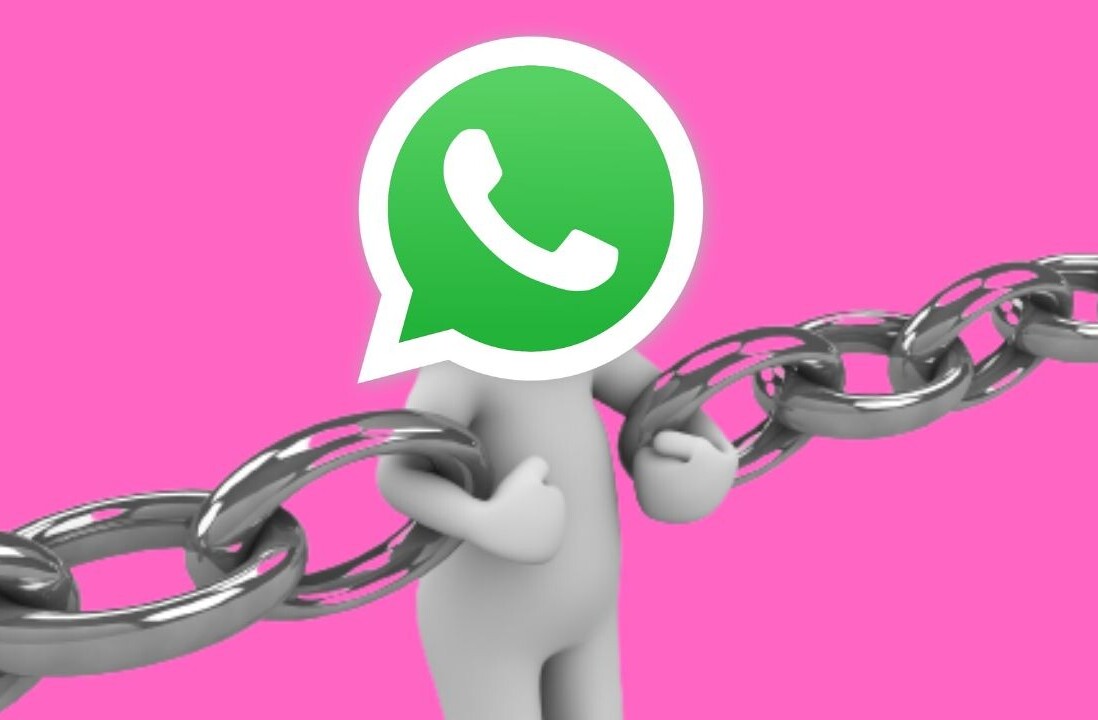
Meerkat, the mobile live video-streaming service that we first wrote about three days ago, had something of a viral growth bump yesterday. Seriously, my iPhone lock screen was busy with notifications all day as new people signed up to the service and tried it for the first time.
Let’s take a look at what’s happening, and whether the service has longterm viability.
What is Meerkat?
Quick recap: Meerkat is a live video-streaming app for iOS that allows you to share what’s going on around you. Streams can’t be watched once they’re over – this is ‘ephemeral’ video. However, the person streaming can save the video to their phone afterwards, so they can later upload it to somewhere like YouTube if they choose.
Meerkat is tightly integrated with Twitter. A link to every stream you publish is tweeted out automatically, and you can see the profile pictures of people who are watching a stream, along with any likes and comments. These comments are tweets, as well as living natively within the app. It’s a beautifully-presented app but just remember that everything you share or write within the app is also tweeted.


You can stream right away or schedule one for later if you want to plan for something you’ll be doing in the future.
There’s a leaderboard for points earned through using the app, although like Snapchat’s user scores, it’s not made immediately obvious what earns you those points.
Who is behind it?
Meerkat is made by San Francisco-based Life on Air, a startup that announced a $3.6 million raise last month and was previously known as Yevvo. The app is a stripped-down version of its other app, Air. Air offers Facebook logins and a native accounts system in addition to Twitter login, and allows you to see a ‘flashback’ image of streams you’ve missed, but it’s Meerkat that has clicked with users.
Why are lots of people signing up?
Viral amplification. The integration with Twitter means that your followers see when you try streaming for the first time. This can catch users out though, and the onboarding process that explains “Everything that happens on Meerkat happens on Twitter” (the ‘first rule of Meerkat’) isn’t necessarily as clear as it could be in explaining ‘all your streams and comments will be tweeted’.
Some people have put the app to interesting uses. Yesterday, Product Hunt CEO Ryan Hoover shared a sneak peek at forthcoming features his team has in the works; TechCrunch Co-editor Matthew Panzarino streamed live from Disneyland rollercoasters while his colleague Josh Constine discussed ideas he has for an upcoming thinkpiece about social media companies locking down their platforms.


Of course, you can’t watch any of these streams back after the fact.
This all sounds familiar…
Mobile livestreaming is nothing new. Apps like Qik and Bambuser allowed you to stream video from a smartphone as early as 2007. However, low smartphone penetration and very limited data plans restricted those apps’ early growth.
Bambuser grabbed headlines during the 2011 and 2012 ‘Arab Spring’ when it was used by revolutionaries and blocked by the Syrian government. In 2011 Skype acquired Qik for $150 million and shut it down last year, but neither app became a household name. The day-to-day need for mobile livestreaming amongst a mainstream userbase just hasn’t been proven.
Why is Meerkat so tightly connected to Twitter?
One obvious reason must be the inherent viral amplification mentioned above, plus the ease of signing up to something for which you don’t need to create a new password.
There’s also a troll-fighting angle. Life on Air’s Ben Rubin told me on Twitter earlier “if the personal brand is on the table, everyone behaves nicely.” Still, that ignores the possibility of people setting up anonymous accounts to dish out abuse (already a big problem on Twitter).
So will Meerkat be a longterm success?
It’s too soon to say but the odds are stacked against it. The ‘ephemeral’ nature of its streams may possibly click with the Snapchat crowd, but the fact is that most people’s lives are pretty samey. You can only livestream video of you working at a desk for a few minutes before nobody cares any more.
So @MattNavarra appears to be livestreaming his facial hair: http://t.co/VpdcjFkcwY pic.twitter.com/akfv0v5Ayd
— Martin Bryant (@MartinSFP) February 27, 2015
Journalists may find it useful for streaming from breaking news events but because streams can’t be watched back later without being manually uploaded to another video hosting service, the case for this usage is limited.
Another current restriction is caused by the slightly wonky Twitter integration. Anyone can watch streams in a desktop browser without being logged into Twitter, but in a mobile browser you’ll be asked to log in before you can watch. This limits accessibility on the go, restricts the audience for any streams that may go viral and is something the developers should look at.
Any other risks?
Meerkat is entirely built on top of Twitter. Relying too closely on a third-party is notoriously risky, and unless the plan is to get the app acquired by Twitter as soon as possible, it risks being cut off from its users by a future API change or rendered unecessary if Twitter decides to build a live video feature into its own apps. Update: Shortly after this post was published, Twitter blocked auto-tweets from Meerkat. This was fixed within a few hours but it certainly says a lot about the risks of building on top of existing networks.
Life on Air always has the Air app as a contingency, but that isn’t the one everyone’s talking about. Meerkat is a little easier to get started with, has a more interesting name and a cute mascot. Don’t underestimate the impact of such seemingly minor differences.
Sometimes a simple idea can take on a life of its own by chance. Vine became a powerhouse of creativity thanks to people who found interesting uses for its looping videos. Life on Air will have to hope Meerkat finds a similar path.
➤ Meerkat
Get the TNW newsletter
Get the most important tech news in your inbox each week.




